'Deadly Force' An Option: New Docs Show FBI Agents Were Prepared For Secret Service Resistance At Mar-a-Lago
Authored by Zachary Stieber via The Epoch Times,
FBI agents executing a search warrant at former President Donald Trump’s home in 2022 prepared for the possibility U.S. Secret Service agents resisted the agents, according to newly unsealed court documents.
An operations plan for the raid of Mar-a-Lago in southern Florida stated that should President Trump arrive at Mar-a-Lago during the period when agents were there, FBI agents would be prepared to “engage with” him and U.S. Secret Service (USSS) agents who protect him.
If the Secret Service agents “provide resistance or interfere with FBI timeline or accesses,” then FBI officials would contact certain individuals—their names and positions were redacted—the documents stated.
The documents also stated that if Mar-a-Lago employees refused to provide a list of occupied guest rooms, FBI agents would “knock on each guest room door to determine occupation status.” Agents would request a map, list of rooms, and a skeleton key for all rooms, and were preparing to bring lock-picking equipment with them.
The documents, produced to President Trump through discovery in the criminal case against him, were placed on the docket on May 21.
President Trump’s lawyers attached the documents as exhibits to a motion asking to suppress evidence seized by agents, arguing the raid was unconstitutional.
The warrant was cleared by a U.S. magistrate judge after agents said there was probable cause to believe sensitive materials were being kept at unauthorized places at the resort. Officials said the raid would likely uncover evidence of obstruction of justice.
Agents arrived at Mar-a-Lago at 8:59 a.m. on Aug. 8, 2022, and initiated the search at 10:33 a.m.. A summary of what transpired stated that FBI leaders coordinated with local Secret Service leaders and that Secret Service agents “facilitated entry onto the premises, provided escort and access to various locations within, and posted USSS personnel in locations where the FBI team conducted searches.”
In addition to 25 FBI employees from the bureau’s Miami office, the group of DOJ personnel included five officials from Washington and two DOJ lawyers.
The group took numerous photographs, including pictures in the bedroom of former First Lady Melania Trump and a “child’s bedroom suite,” according to picture logs that were released on Tuesday.
President Trump’s lawyers said in the motion that the search was “roving and highly inappropriate,” citing how it covered a gym, a kitchen, and the bedrooms where the pictures were taken. They said the warrant was too broad and authorized agents to seize virtually any document from Mar-a-Lago.
Government officials have acknowledged they improperly seized passports and some other materials.
Agents remained on the scene until 6:39 p.m. They flew the seized evidence to Washington the following day.
President Trump after the execution of the warrant was charged with mishandling of national defense information, concealing documents, and making false statements.
Deadly Force an OptionThe documents included a statement on the use of deadly force, which quoted government policy in stating that “law enforcement officers of the Department of Justice (DOJ) may use deadly force only when necessary, that is, when the officer has a reasonable belief that the subject of such force poses an imminent danger of death or serious physical injury to the officer or to another person.”
Biden ordered the hit on Trump at Mar-a-Lago. pic.twitter.com/amyUysoNKU
— Rep. Paul Gosar, DDS (@RepGosar) May 21, 2024
The FBI also brought a medic and paramedic along on the raid, according to the documents, and listed the nearest trauma center in case anyone was injured during the execution of the warrant.
Agents were equipped with standard issue weapons, ammunition, handcuffs, and badges, and brought medium and large bolt cutters.
There was no basis for the FBI to bring guns into Mar-a-Lago, according to President Trump’s lawyers.
“There were no threats and no risk to agents’ safety arising from their allegations relating to possession of documents at a premises already guarded by the Secret Service,” the lawyers said.
The lawyers also argued that an FBI agent omitted relevant information from the affidavit submitted to the judge as part of the request to authorize the warrant.
The agent, for instance, “failed to disclose that presidents are not required to obtain clearances and that sensitive briefings including classified information had been provided to President Trump at Mar-a-Lago and other residences before and during his presidency,” the lawyers said.
In a DOJ filing in response to the motion, government attorneys countered the arguments.
“Regardless of Trump’s authority during his presidency, he lacked authority to possess classified documents at Mar-a-Lago after it ended and he became a private citizen. Trump’s authority to access or possess classified documents during his presidency was both obvious and immaterial to the probable cause determination regarding the retention of the documents after his presidency,” they wrote in part.
The attorneys also said that while some FBI officials did suggest seeking the consent of former President Trump to search Mar-a-Lago before seeking a warrant, his “prior obfuscation and deception up to that point” meant there was “ample reason to avoid seeking Trump’s consent, which would simply invite more deception.”
Tyler Durden Tue, 05/21/2024 - 17:00

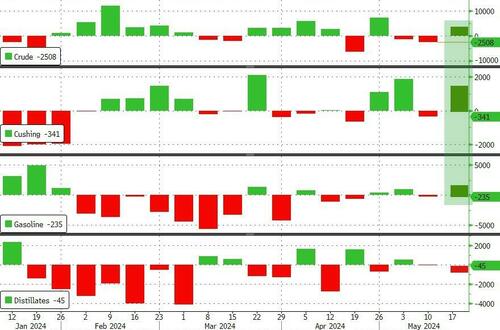
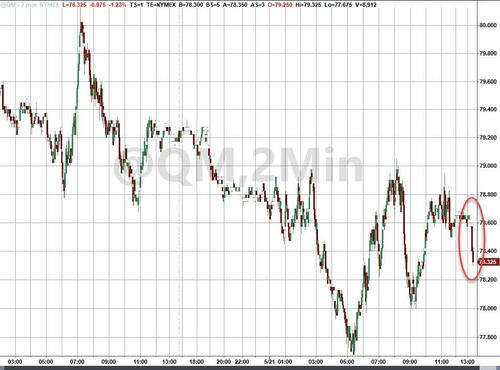
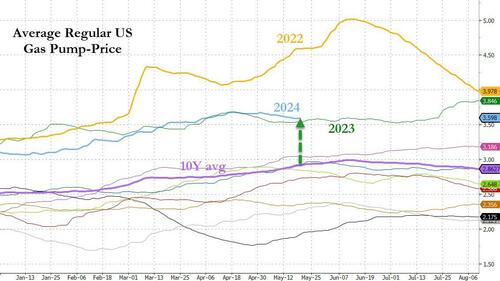
 (Illustration by The Epoch Times, Shutterstock, Getty Images)
(Illustration by The Epoch Times, Shutterstock, Getty Images)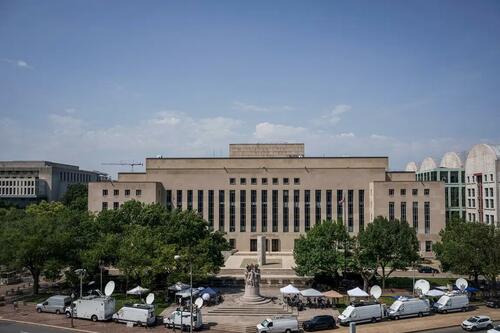 Media tents and television satellite trucks are set up outside the E. Barrett Prettyman U.S. District Courthouse in Washington on July 27, 2023. (Drew Angerer/Getty Images)
Media tents and television satellite trucks are set up outside the E. Barrett Prettyman U.S. District Courthouse in Washington on July 27, 2023. (Drew Angerer/Getty Images) Former Attorney General Edwin Meese (R) delivers remarks after being awarded the National Medal of Freedom by President Donald Trump during a ceremony with his's wife Ursula Herrick and other family members in the Oval Office at the White House on Oct. 8, 2019. (Chip Somodevilla/Getty Images)
Former Attorney General Edwin Meese (R) delivers remarks after being awarded the National Medal of Freedom by President Donald Trump during a ceremony with his's wife Ursula Herrick and other family members in the Oval Office at the White House on Oct. 8, 2019. (Chip Somodevilla/Getty Images)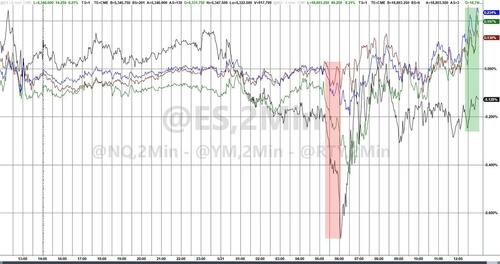
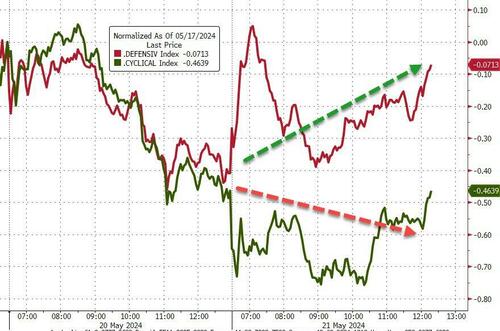
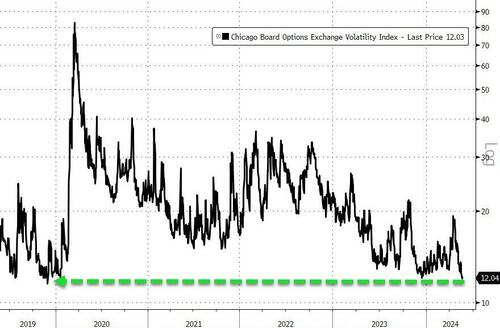
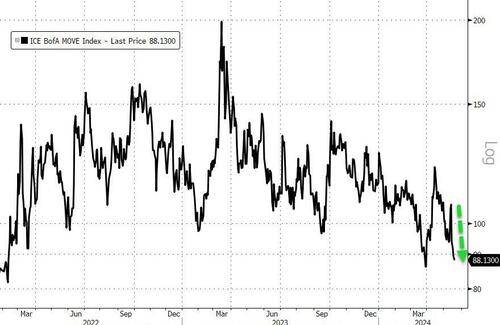

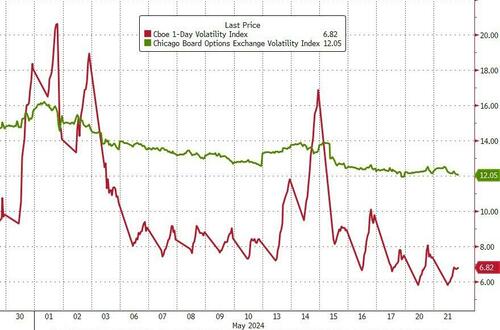
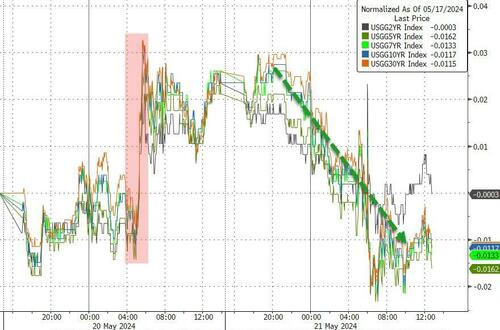
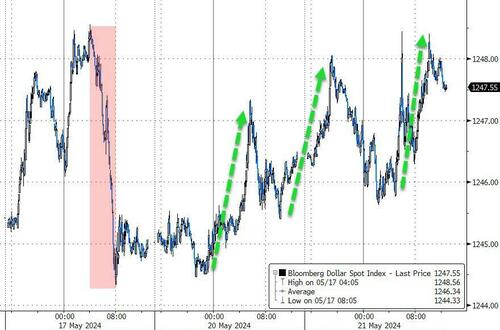
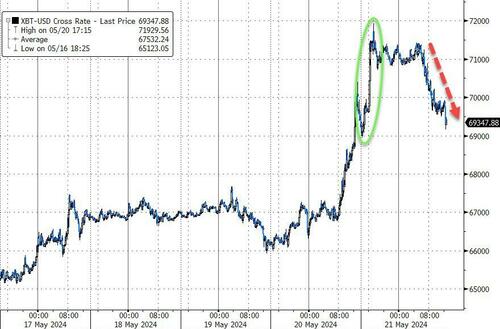
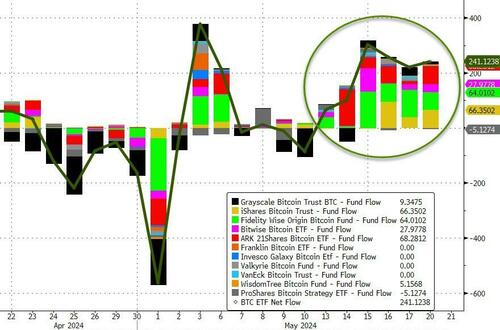
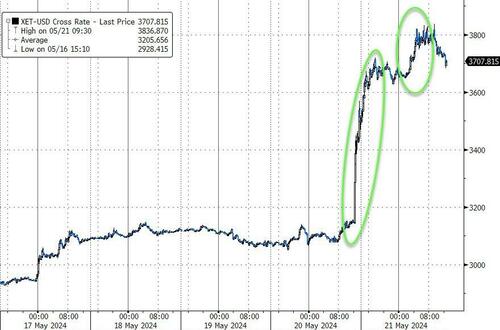
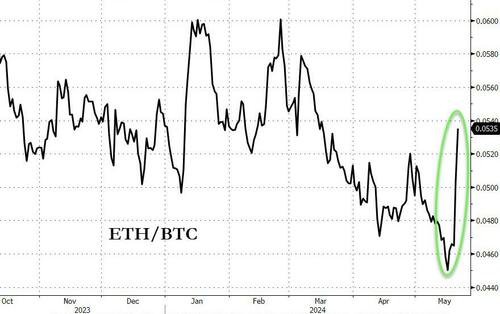
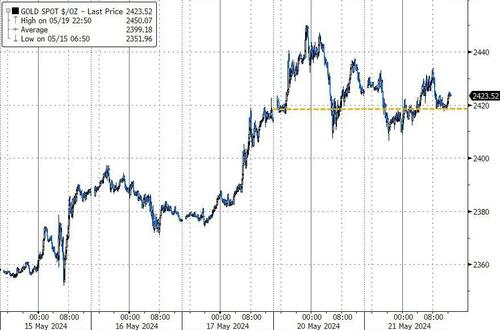
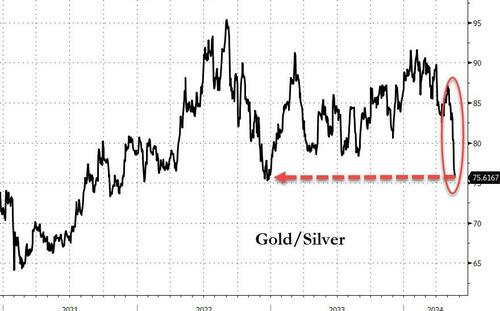
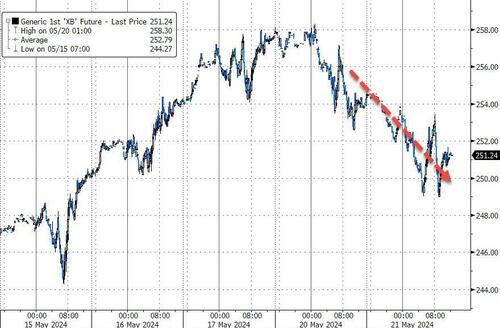
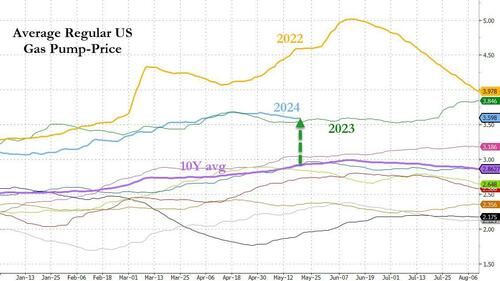

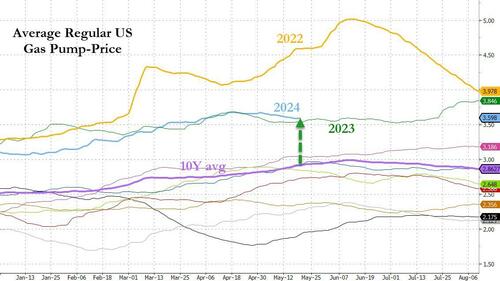
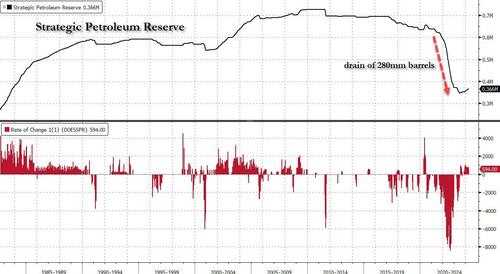
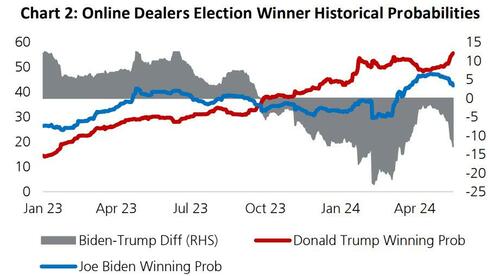
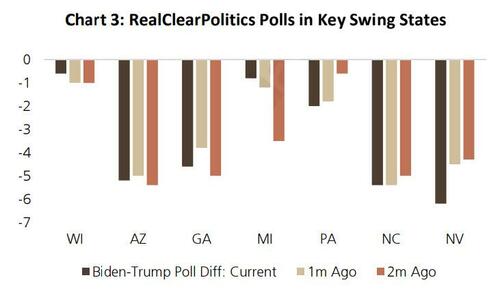



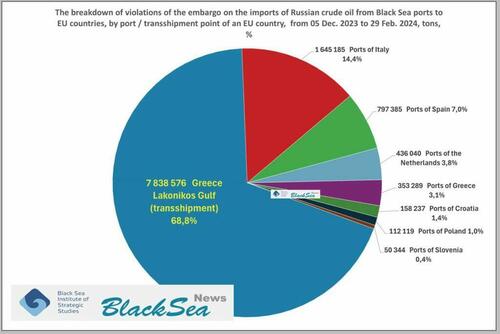
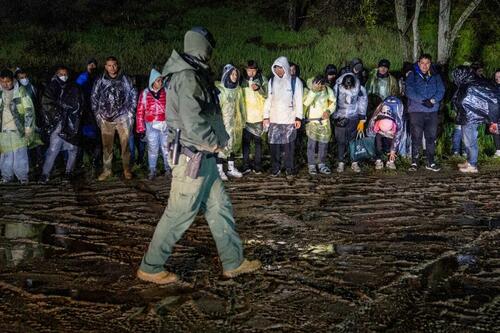 A U.S. Border Patrol agent counts illegal immigrants before transporting them for further processing in Campo, Calif., on March 7, 2024. (John Moore/Getty Images)
A U.S. Border Patrol agent counts illegal immigrants before transporting them for further processing in Campo, Calif., on March 7, 2024. (John Moore/Getty Images)

 Illustrative image: Russian long-range strategic bomber
Illustrative image: Russian long-range strategic bomber
Recent comments